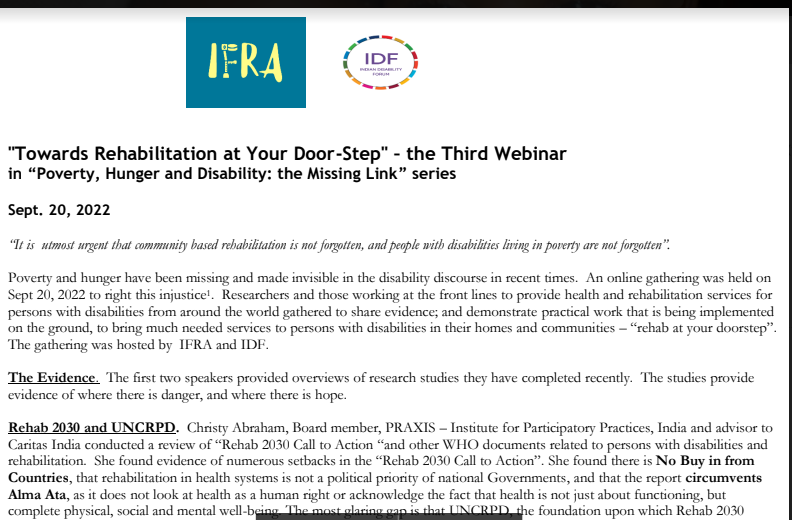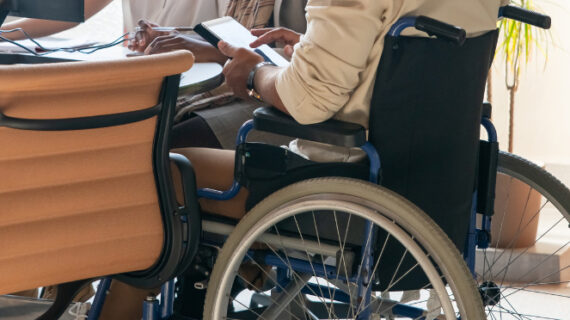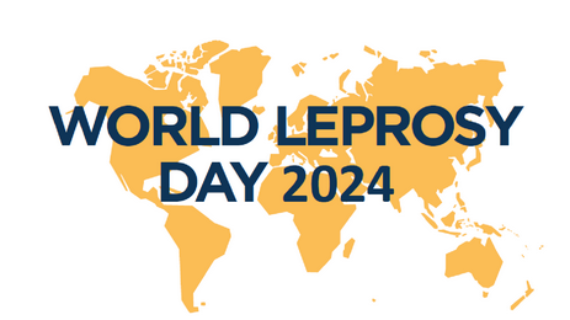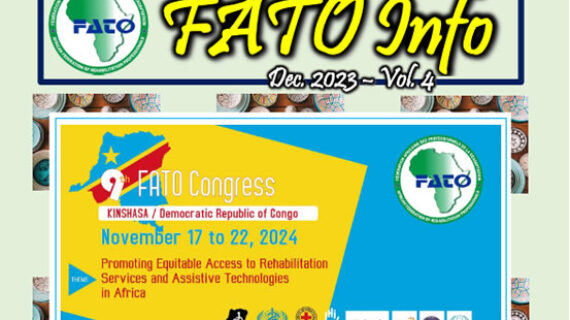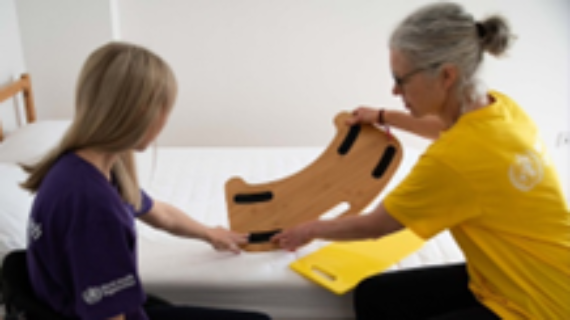“Towards Rehabilitation at Your Door-Step” – the Third Webinar in “Poverty, Hunger and Disability: the Missing Link” series
“Towards Rehabilitation at Your Door-Step” – the Third Webinar in “Poverty, Hunger and Disability: the Missing Link” series
Sept. 20, 2022
“It is utmost urgent that community based rehabilitation is not forgotten, and people with disabilities living in poverty are not forgotten”.
Poverty and hunger have been missing and made invisible in the disability discourse in recent times. An online gathering was held on Sept 20, 2022 to right this injustice1. Researchers and those working at the front lines to provide health and rehabilitation services for persons with disabilities from around the world gathered to share evidence; and demonstrate practical work that is being implemented on the ground, to bring much needed services to persons with disabilities in their homes and communities – “rehab at your doorstep”. The gathering was hosted by IFRA and IDF.
The Evidence. The first two speakers provided overviews of research studies they have completed recently. The studies provide evidence of where there is danger, and where there is hope.
Rehab 2030 and UNCRPD. Christy Abraham, Board member, PRAXIS – Institute for Participatory Practices, India and advisor to Caritas India conducted a review of “Rehab 2030 Call to Action “and other WHO documents related to persons with disabilities and rehabilitation. She found evidence of numerous setbacks in the “Rehab 2030 Call to Action”. She found there is No Buy in from Countries, that rehabilitation in health systems is not a political priority of national Governments, and that the report circumvents Alma Ata, as it does not look at health as a human right or acknowledge the fact that health is not just about functioning, but complete physical, social and mental well-being. The most glaring gap is that UNCRPD, the foundation upon which Rehab 2030
needs to be built is left out, and the UNCRPD and CBR are made invisible. She also found a lack of poverty discourse in the document and an absence of earlier commitments of WHA such as The WHO Declaration of Alma-Ata (1978), the Declaration of Astana (2018), WHA Resolution 58.23 (2005) CBR, 67.7 (2014) Global Disability Action Plan 2014–2021: the WHO Framework on integrated people-centered health services (2016). These are dangerous omissions for moving forward. She concluded, “Rehab 2030,
should be in full alignment to UNCRPD, and should uphold the principles of Alma Ata and Astana, with persons with disabilities at the center. If you look at it, exclusion from governance process includes the exclusion from their right to take decision on their bodies and on their own health care, all this omissions
will lead to inequitable outcomes.”

